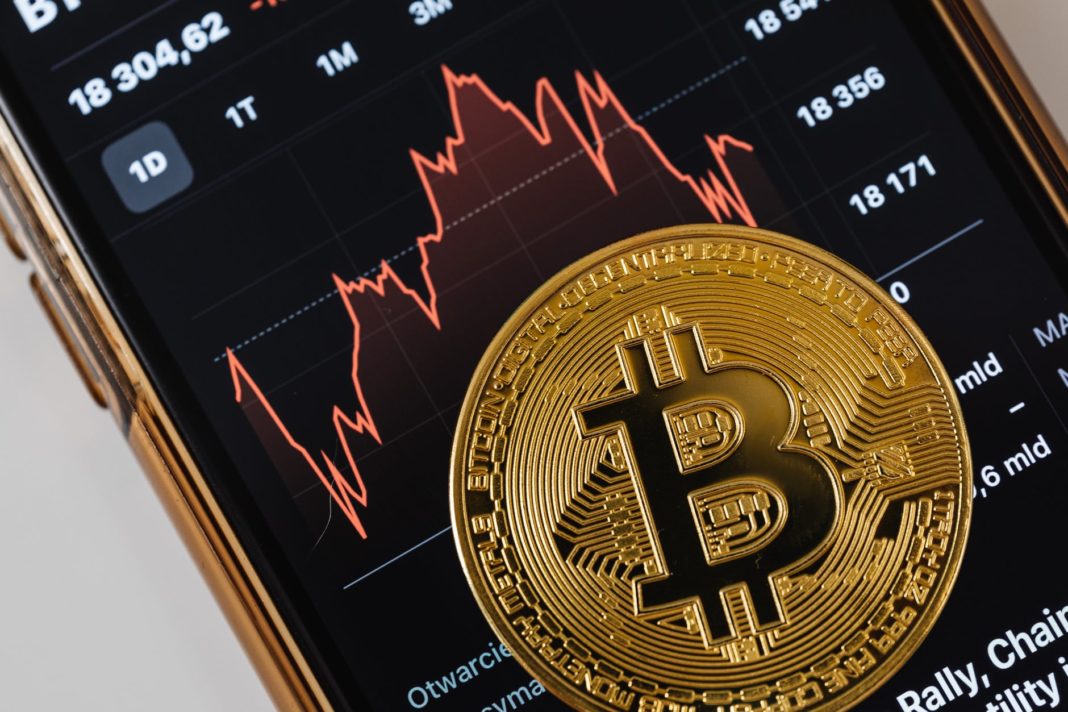Turkey last week banned the use of bitcoin for purchases of goods and services, just hours before all cryptocurrencies plummeted as reports surfaced that the US Treasury Department was preparing to prosecute cryptocurrency companies.
These developments brought to the fore the impasse of the Turkish economy , but also the fact that cryptocurrencies have gained significant size and scope, without being subject to any kind of control or supervision.
Reports of a US attack on money laundering with cryptocurrencies have caused a wave of sales and a sharp drop in price , something that some analysts monitoring the developments attribute to the fact that cryptocurrency transactions are largely leveraged .
In other words, they are done with “air” and many investors rushed to close their positions. Bitcoin plunged more than 13% from its high of $ 63,000 a few days ago and fell close to $ 55,000.
Another estimate is that the US government intends to regulate the cryptocurrency market, which will exclude a segment of the market, but will also be an official recognition of the new reality.
The Turks, however, have recently shown great “love” for cryptocurrencies and especially bitcoin, as they used it as one of the shelters from the slump of the Turkish pound which has lost almost half its value since the end of 2018.
The constant devaluation of the pound pushes the Turks into foreign exchange and gold markets , but recently they have also turned to bitcoin . According to data from Chairanalysis published by the British Guardian , from the beginning of February until the end of March, bitcoin transactions exceeded 218 billion Turkish pounds, thirty times more than in the same period last year.
The sudden ousting of Turkish central banker Nasi Agbal last February after just four months in office, although he had begun to stabilize the situation with interest rate hikes, was a red flag for foreign investors, who withdrew significant new funds. of the pound.
Last week, new central banker Sahap Kavsioglu made his first major decision, which was to keep interest rates unchanged at 19% for a week’s repos, although inflation continues to rise.
The traditional approach to inflation is to raise interest rates, but Turkish President Tayyip Erdogan is adamantly opposed , as he supports the growth of the Turkish economy by lending to citizens and businesses at the lowest possible interest rates.
The fact is that thanks to this unconventional policy and loans, the Turkish economy was one of the few in the world that managed to close 2020 with growth (+ 1.8% of GDP) and the latest forecasts spoke of GDP growth. by 4.8% in 2021.
The price of these policies, however, is rising inflation and the devaluation of the pound, which is causing capital flight in foreign currency, gold and, more recently, bitcoin.
Inflation in Turkey reached 16% at the end of March, according to official figures, but many analysts and economists abroad estimate that the index is actually around 25%, especially for basic goods, causing great dissatisfaction among citizens. , which is also reflected in the fact that the authorities also proceeded to distribute basic goods such as bread and potatoes.
The fact that the central bank did not raise interest rates again is seen as a sure sign that inflationary pressures and the devaluation of the pound will continue.
For this reason, the ban on bitcoin purchases is considered the harbinger of generalized capital controls to stop the bleeding of funds .
According to the announcements, the possession of bitcoin is not prohibited, but its use is not allowed for purchases of products and services.
This is not the first time the Turkish authorities have sought to crack down on payment systems, as they have previously banned the use of the Pay Pal electronic payment system.



